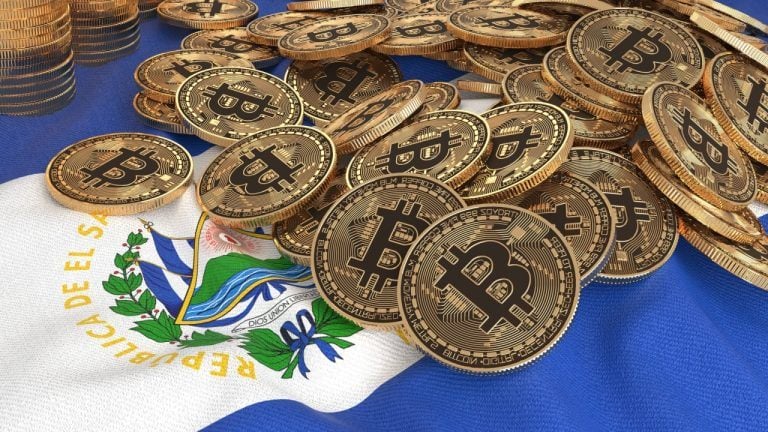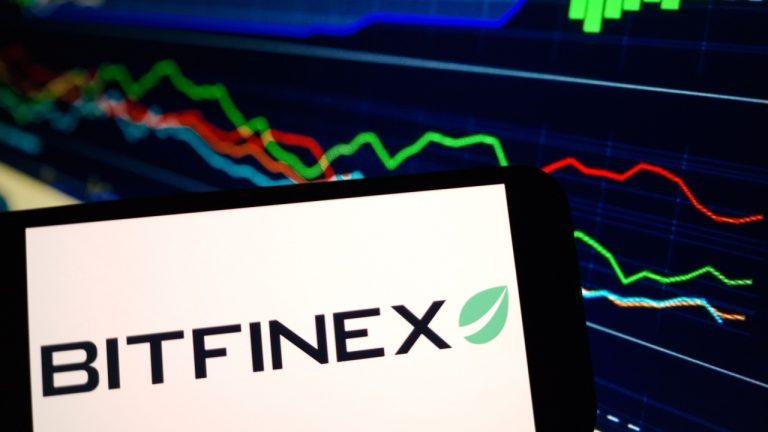
Vitalik Buterin advocates lower requirements to democratize Ethereum solo staking
Key Takeaways
- Buterin suggests reducing Ethereum staking minimum to 1 ETH.
- Concerns about bandwidth feasibility impact staking changes.
Share this article
Ethereum co-founder Vitalik Buterin has voiced support for lowering the minimum Ether (ETH) deposit required for solo staking, recognizing its importance in allowing more crypto investors to earn passive income and strengthen network security.
On October 3, Buterin joined a community discussion on X to advocate for reducing the current 32 ETH minimum deposit for solo stakers. Solo stakers run full nodes using private computer equipment without relying on third-party services or staking pools. However, the substantial 32 ETH requirement has been a barrier to wider participation.
Buterin emphasized the critical role of solo stakers in enhancing Ethereum’s security and decentralization during the Ethereum Singapore 2024 event in September. He noted that even a small percentage of solo stakers can provide an important decentralized layer of protection for the network against potential 51% attacks.
Temporary solutions for a long-term vision
In the recent X discussion, Buterin proposed temporary solutions to nurture a larger community of solo stakers. One idea involved increasing bandwidth requirements in exchange for lowering the minimum staking deposit to 16 or 24 ETH. However, an Ethereum developer pointed out that bandwidth availability for home networks varies by location, potentially working against the intended goal.
“[…] once we figure out peerdas, bandwidth reqs go back down, and once we figure out orbit single-slot finality (SSF), the deposit minimum can drop to 1 ETH,” Buterin said, outlining his long-term vision.
In effect, reducing the solo staking requirement to 1 ETH could significantly boost participation and enhance Ethereum’s decentralization.
The push for lower staking requirements aligns with Buterin’s recent call for Ethereum projects claiming to be layer-2 networks to reach “Stage 1” by the end of 2024 or risk losing that designation. These initiatives reflect ongoing efforts to improve Ethereum’s accessibility, security, and decentralization as the network continues to evolve.
Share this article
Go to Source
Author: Vince Dioquino









